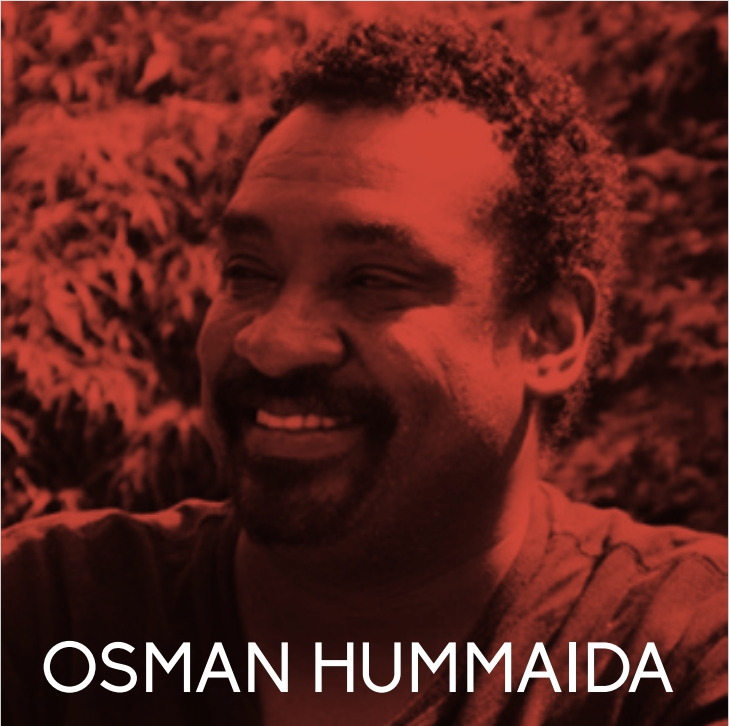Remarks presented at the 53rd ordinary session of the African Commission on Human and Peoples’ Rights held in Banjul, The Gambia
10th April 2013
Madame Chairperson, distinguished Commissioners, State Delegates, representatives of NHRIs and NGOs; all protocols respectfully observed:
On behalf of the East and Horn of Africa Human Rights Defenders Project, I would like to thank the Commission for this opportunity to raise some of the key human rights issues from our sub-region in the past six months, which have been marked by significant elections and transitions.
The general elections in Kenya on 4th March were observed by accredited national, regional and international observers to be largely peaceful. The new president, Uhuru Kenyatta, was sworn in on 9th April, following the unanimous decision on two separate petitions at the Supreme Court of Kenya challenging the conduct and outcome of the presidential elections lodged by Raila Odinga and a coalition of Civil Society Organizations. The Supreme Court concluded that the presidential elections were conducted in a free, fair, transparent and credible manner.
Both the President His Excellency Uhuru Kenyatta and the deputy president William Ruto are facing trial at the International Criminal Court, and have stated that they will continue to cooperate with the court while continuing to run the country. We note that the Chief Prosecutor of the ICC has expressed concerned about ICC witnesses being bribed and intimidated, leading to the withdrawal of charges in the case against President Kenyatta’s co-accused, Francis Muthaura.
With far less coverage, Djibouti also held elections on 22nd February for its legislative assembly. Election observers declared that the elections were transparent and acceptable, although opposition parties claimed numerous irregularities and intimidation. At least six protestors were killed in demonstrations against the election results that turned violent and a number of opposition figures were arrested.
Somalia continues to face serious human rights challenges as the State goes through a transition process following elections last year. Such challenges include sexual and gender based violence, the vulnerability and lack of adequate provisions for IDPs, and weaknesses in the justice system. Exercising freedom of expression is still a dangerous endeavour with 18 journalists killed in Somalia in 2012, with at least three more already killed in the first three months of this year. Despite ratifying the Charter in 1985, Somalia has never submitted a periodic report. EHAHRDP would like to encourage more engagement between Somalia and the Commission going forward.
EHAHRDP is also concerned by the entrenched situation of mass human rights violations in the current conflict in Southern Kordofan and Blue Nile states in Sudan. The Sudanese army and government-affiliated militia are responsible for serious and massive abuses against civilians in both states, such as indiscriminate bombings, forced displacement, arbitrary detention, and sexual violence against women and girls. Such abuses may amount to war crimes and crimes against humanity and are creating a humanitarian crisis. It is urgent that the Commission take all actions within its power to hold those responsible to account.
EHAHRDP remains deeply concerned about continuing serious human rights violations in Eritrea, including extrajudicial executions, arbitrary arrests, incommunicado detention, and forced national service for indefinite periods, coupled with the State’s lack of cooperation with regional and international human rights mechanisms. Ten years ago now the Commission issued decisions on two communications regarding detained journalists and government officials, yet Eritrea continues to hold them incommunicado. Many are thought to have died in detention.
We call on the Commission to take firm action to protect Eritrean citizens from further human rights abuse, both inside the country, in the countries where they seek refuge and on their perilous journeys to leave the country.
We are pleased to note that South Sudan signed the African Charter on Human and Peoples’ Rights on 24th January 2013, and call on the State to proceed promptly to its ratification and implementation. EHAHRDP looks forward to seeing South Sudan actively engage with this Commission. We also commend Rwanda on its decision to allow individuals and NGOs to directly access the African Court on Human and Peoples’ Rights, by depositing its declaration under the protocol in January, and call on those States who have not already done so to follow their example.
In every country in the sub-region EHAHRDP has reported on harassment, intimidation, arrests, detention, attacks or killings of journalists during this period. They are on the front lines of human rights protection and as such both more at risk and more in need of protection themselves.
The release of journalist Hassan Ruvakuki in Burundi after intense campaigning by civil society and fellow journalists was welcomed, but others remain in detention, including in Rwanda and Ethiopia.
Human rights defenders more generally continued to face threats and attacks in recent months, with key organisations closed down in Sudan, for example.
We are concerned that legislative environment for human rights work continues to impede rather than empower the work of human rights defenders in many countries in the region, with new restrictive laws being drafted and adopted. In Uganda, we are concerned that draft legislation such as the Public Order Management Bill and Anti-Homosexuality Bill additionally target and discriminate against minority and marginalized groups.
Honorable Chairperson, we take this opportunity to reiterate our concerns about acts of reprisal or intimidation against individuals or groups on account of their engagement with this Commission. Such attacks should be recognized as an attack on the Commission itself and we encourage the Commission to respond accordingly.
I thank you.

